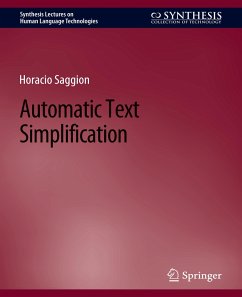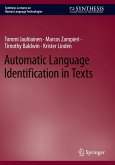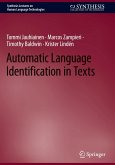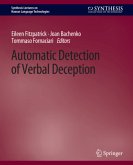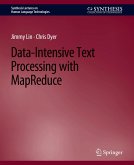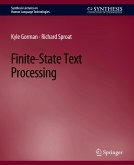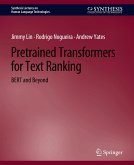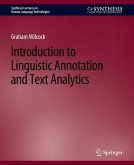Thanks to the availability of texts on the Web in recent years, increased knowledge and information have been made available to broader audiences. However, the way in which a text is written-its vocabulary, its syntax-can be difficult to read and understand for many people, especially those with poor literacy, cognitive or linguistic impairment, or those with limited knowledge of the language of the text. Texts containing uncommon words or long and complicated sentences can be difficult to read and understand by people as well as difficult to analyze by machines. Automatic text simplification is the process of transforming a text into another text which, ideally conveying the same message, will be easier to read and understand by a broader audience. The process usually involves the replacement of difficult or unknown phrases with simpler equivalents and the transformation of long and syntactically complex sentences into shorter and less complex ones. Automatic text simplification, a research topic which started 20 years ago, now has taken on a central role in natural language processing research not only because of the interesting challenges it posesses but also because of its social implications. This book presents past and current research in text simplification, exploring key issues including automatic readability assessment, lexical simplification, and syntactic simplification. It also provides a detailed account of machine learning techniques currently used in simplification, describes full systems designed for specific languages and target audiences, and offers available resources for research and development together with text simplification evaluation techniques.
Bitte wählen Sie Ihr Anliegen aus.
Rechnungen
Retourenschein anfordern
Bestellstatus
Storno

